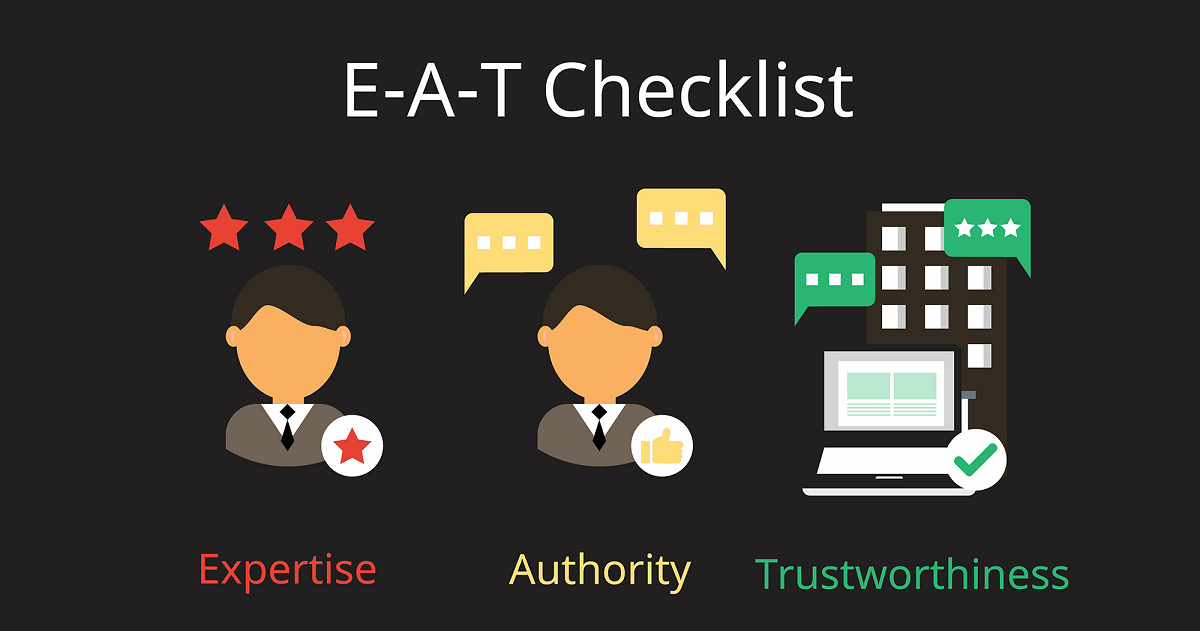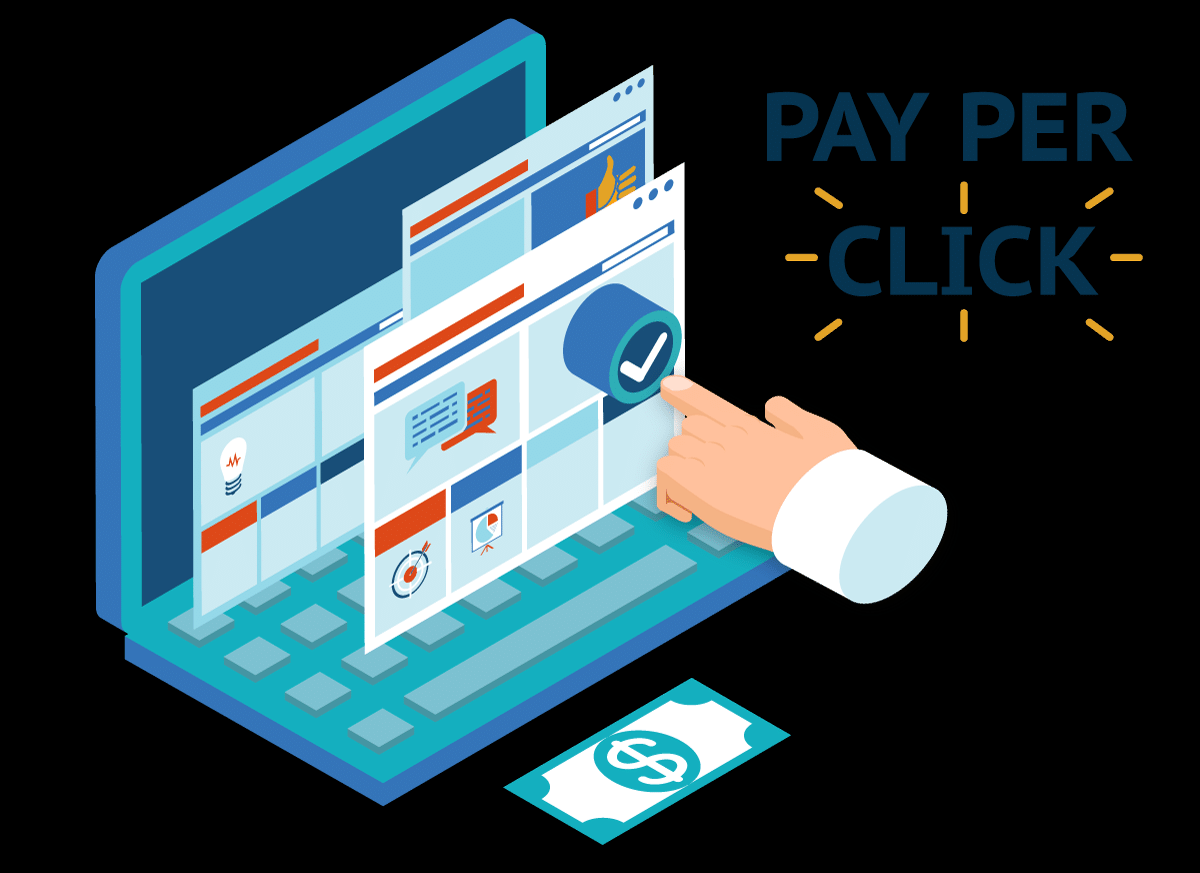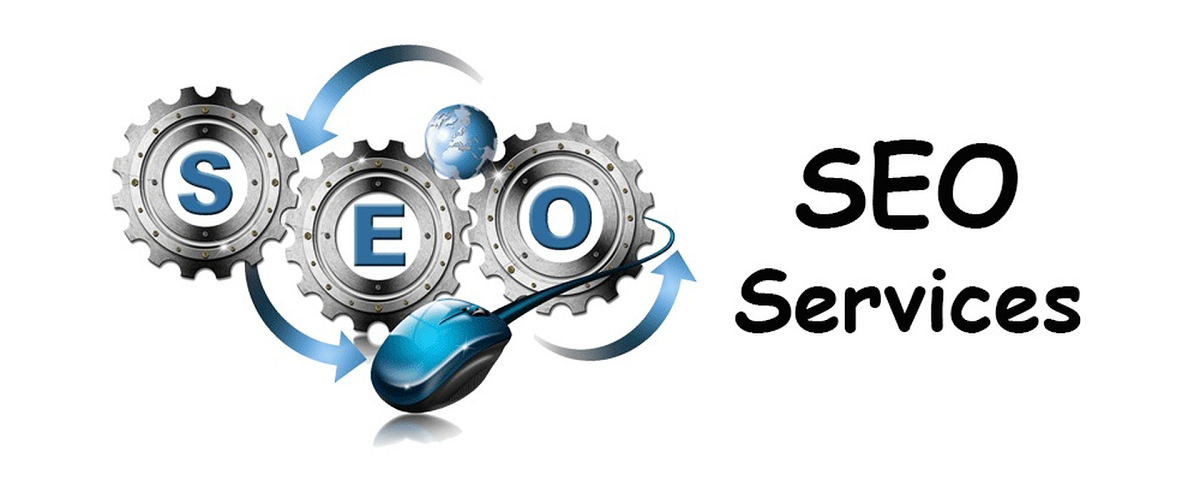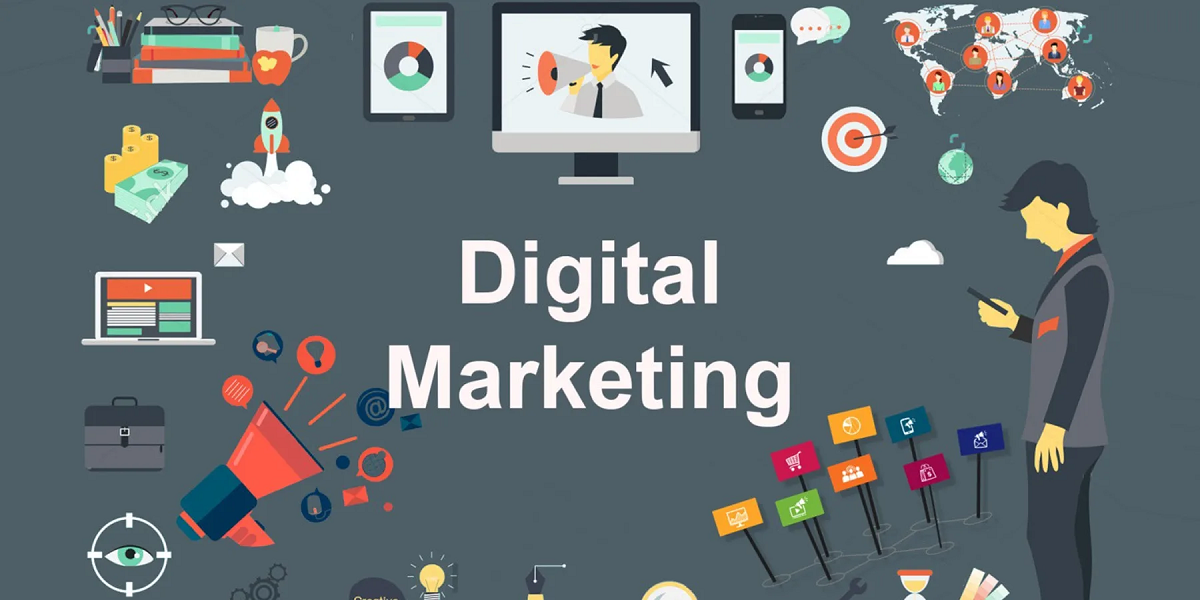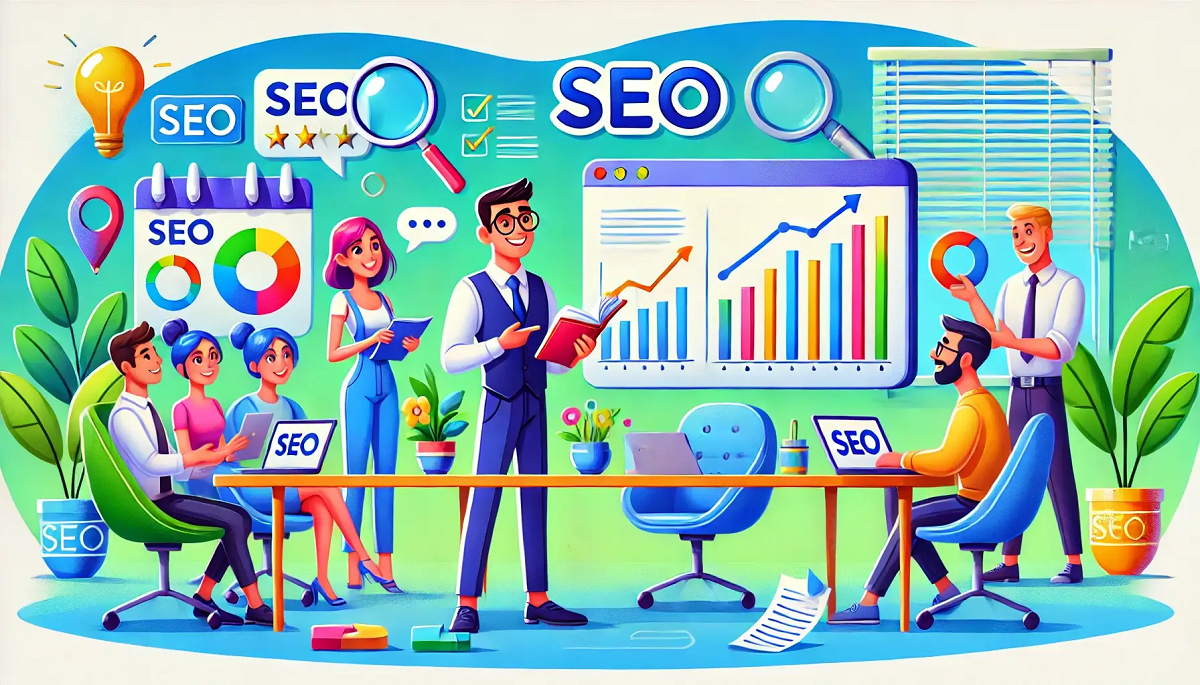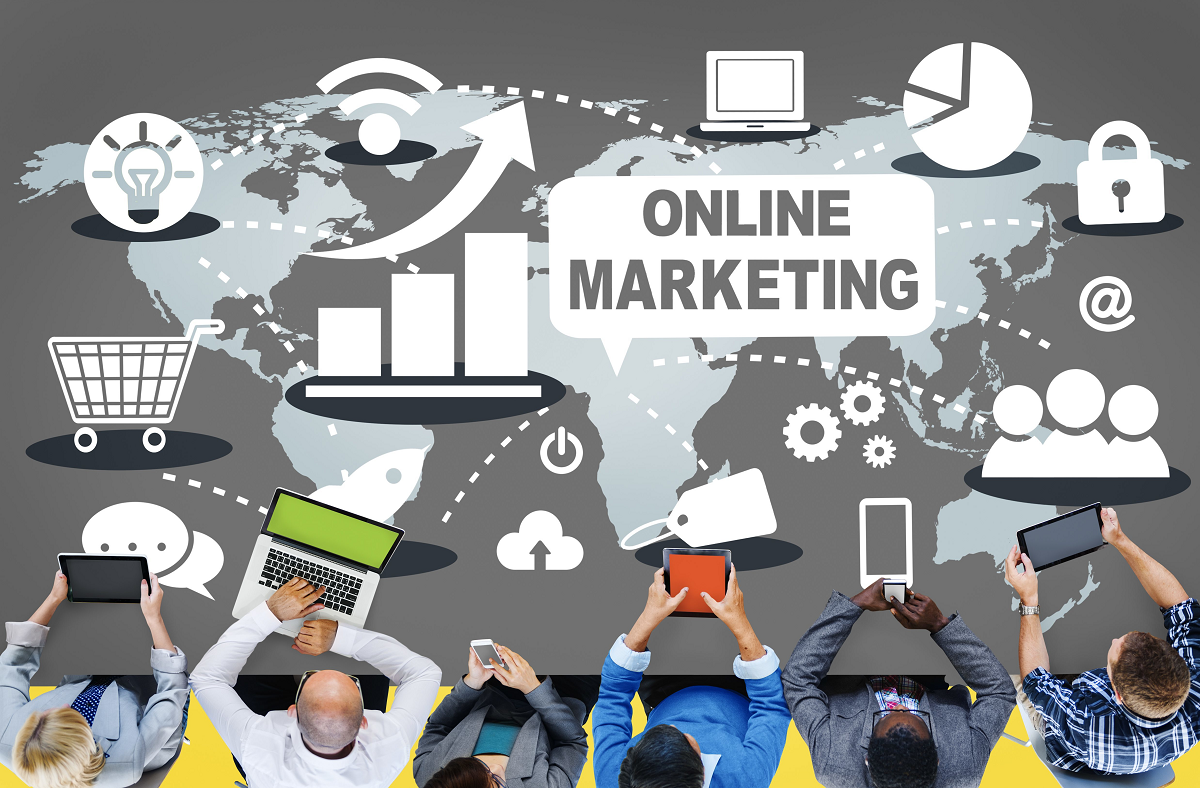BLOG
e-marketing
E-commerce and marketing are both important to a business. However, E-commerce is primarily focused on selling and buying products electronically, while marketing focuses on enhancing sales. To understand the differences between the two, let us first look at what E-commerce is.
E-marketing involves a variety of activities online, including SEO-friendly websites, video marketing, and social media activity. E-marketing also includes building relationships with existing customers. These activities may not overlap with ecommerce. The primary difference between the two approaches is the way they are executed.
In addition to e-marketing, a website can also utilize FAQ pages to answer frequently asked questions about products. These pages are a great way to build authority and traffic. Paid advertising can also be used to target specific products and keywords. Paid advertising can include pay-per-click (PPC) campaigns, display ads, and product-specific ad campaigns.
e-commerce
Ecommerce and marketing are closely related. Ecommerce is the process of attracting traffic to an online store and driving sales. It combines social media, digital content, search engine marketing, and email campaigns to drive traffic to the store. The move toward ecommerce and marketing means more personalized service, point-by-point responses to customer problems, and more opportunities to expand online activities.
Increasing sales online requires a concerted effort by a business owner. Without a solid ecommerce marketing strategy, many businesses will fail to meet their revenue goals. The good news is that the potential market for ecommerce is huge - it is predicted that the U.S. retail ecommerce market will reach $1.3 trillion by 2025. Taking the time to plan your ecommerce marketing strategy will help you determine which methods and strategies will work best for your business.
e-business
E-business involves the use of the Internet for conducting business transactions. These activities may include purchasing and selling products or services, customer service, and production chain management. Businesses that conduct e-business typically have a website or other online presence. Applications such as CRMs and Enterprise Resource Planning (ERPs) are often required.
E-business and marketing are not mutually exclusive. Each can involve any business that operates over the Internet. However, in some cases, there are distinct differences in the methods of e-commerce. For example, an e-commerce website may have more traditional marketing components than an e-business website, while an online store may use social media marketing for marketing purposes.
E-business enables businesses to do things more efficiently and cheaply. This can result in increased customer value and lower marketing costs. It also allows businesses to have greater control over their brand. In addition, social media sites such as Facebook have significantly increased word-of-mouth advertising and consumer reviews. E-businesses also require much less space and are often easier to run than a traditional business. In fact, many restaurants that once had a physical location are now operating online.
Digital marketing
While ecommerce is an integral part of digital marketing, it's also important to distinguish the two disciplines. Digital marketing is the process of advertising and attracting visitors to a website. Ecommerce stores help consumers purchase products and services. They act as online warehouses, where customers can pay for their purchases. Digital marketing and ecommerce share many similarities, including the use of email marketing and direct sales to drive traffic to a site, as well as social media, which can be used to market and sell products.
Digital marketing strategies do not focus on customer interaction as much as they do on spreading the word to as many people as possible. This strategy allows a business to become a household name. This familiarity helps influence shoppers' purchasing decisions.
Affiliate marketing
Affiliate marketing is a method of promoting other people's products through email. This technique helps e-commerce businesses reach new audiences and engage with current customers. Usually, the affiliate program information is included in the footer of the website. While it is true that affiliate marketing has its drawbacks, it can be beneficial for new brands.
As an affiliate, you earn a commission each time a visitor buys a product after clicking through your link. But unlike traditional advertising, affiliate marketing requires time and effort on your part. You have to be patient and try different channels until you find the one that generates the best results. In addition, you have to devote time to blogging, distributing free content on social media, and generating leads.

